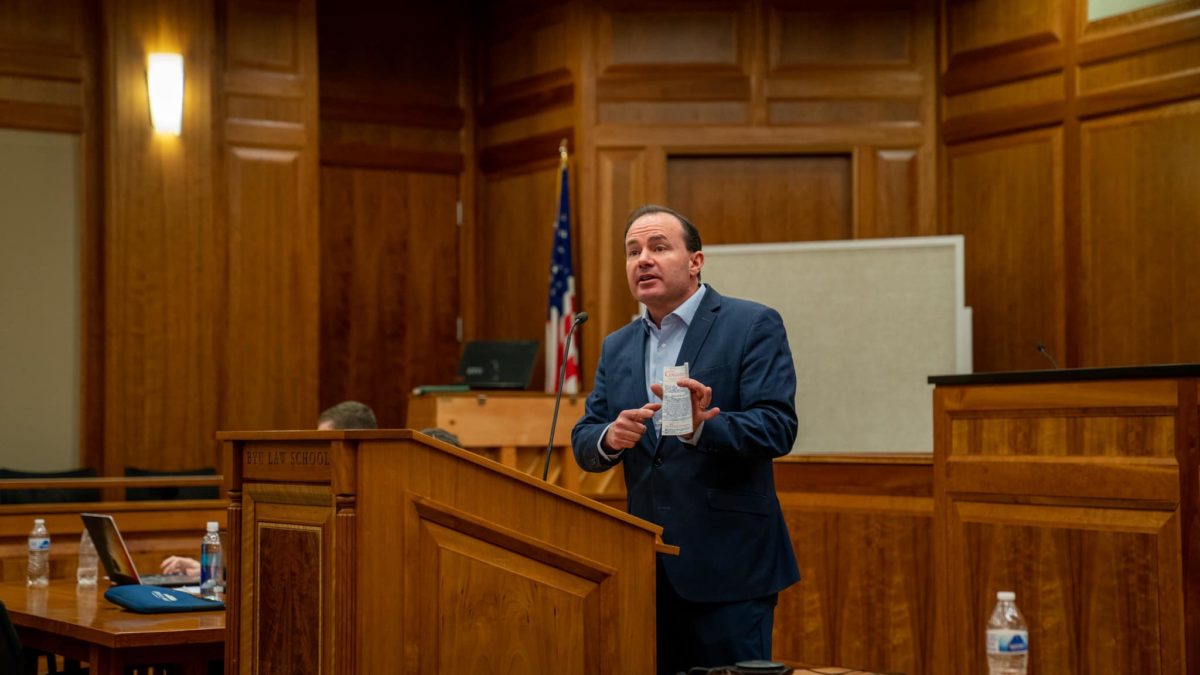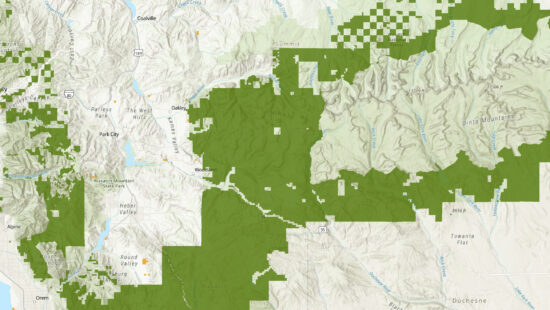Politics
Sen. Mike Lee wins Utah GOP primary

Photo: Senator Mike Lee
SALT LAKE CITY — Sen. Mike Lee won Utah’s Republican primary Tuesday, fending off attacks from two challengers who criticized him for his unwavering loyalty to former President Donald Trump and uncompromising lawmaking style.
The second-term Republican and Trump loyalist now advances to the November election, where he’ll face off against independent candidate Evan McMullin. He ran for president as a conservative alternative to Trump in 2016 and received more than one-fifth of the vote in Utah, where voters tend to be uncomfortable with Trump-style politics. McMullin left the GOP after Trump’s ascendance and won backing from the state Democratic Party this year. He has kept pace in campaign contributions with Lee in this year’s Senate race.
Lee defeated former state lawmaker Becky Edwards and political operative Ally Isom, two well-funded opponents who didn’t vote for Trump and attempted to appeal to voters disillusioned with the direction of the Republican Party. They tried to frame Lee as a divisive politician who cares less about governing than he does television appearances and his allegiance to Trump.
Lee supporters gathered Tuesday at an event with about 100 people, many wearing shirts saying “I like Mike” while country music plays and conservative commentator Glenn Beck spoke.
A montage played on a projector splicing together images of families and children with assault-style rifles, sunsets, clouds and the kind of single family homes that Lee has proposed to build on rural federal land he wants to privatize.
On the campaign trail, they called Lee an obstructionist and drew attention to the leak of post-election text messages he sent to then-White House chief of staff Mark Meadows. The messages, they said, showed his early involvement in efforts to overturn the 2020 election.
Lee encouraged Trump advisers to embrace discredited attorney Sidney Powell and later referenced his discussions with lawmakers in battleground states about appointing competing slates of electors to act contrary to the results, the messages showed.
Lee has responded to criticisms saying that he merely encouraged Trump’s team explore available legal avenues, noting that he ultimately voted to certify the results on January 6, 2021. He’s mostly remained above the fray and not responded to other intraparty attacks, instead focusing on tried-and-true rhetoric about the U.S. constitution and criticisms of federal overreach.
Isom positioned herself as a conservative alternative to Lee, agreeing with his positions on most issues but disapproving of his uncompromising approach. Edwards staked out more moderate positions, rebuking Trump for continuing to spread disproven claims of 2020 election fraud and saying she disagrees with the U.S. Supreme Court’s decision to overturn Roe v. Wade.
This contested primary was a drastic departure from Lee’s first reelection campaign in 2016. That year, no primary challengers came forward to challenge him in arch-conservative Utah, after the one-time Tea Party insurgent successfully consolidated support from both grassroots conservatives and establishment Republicans.
Lee remains overwhelmingly popular among party activists, but there are some rumblings of dissatisfaction among both Republican insiders and the party’s overall electorate. Many have publicly taken issue with his willingness to shut down the federal government and be the Senate’s lone “no vote” on proposed policies.
And this year, McMullin convinced the state’s outnumbered Democrats to eschew a nominee from their party and get behind him instead, hoping that consolidating support from Democrats, independents and disillusioned Republicans could help unseat Lee.
The race should test the extent to which criticisms of divisiveness and the increasingly polarized state of politics resonate in the state where the predominant faith is The Church of Jesus Christ of Latter-day Saints and the political culture is rigorously polite.



















